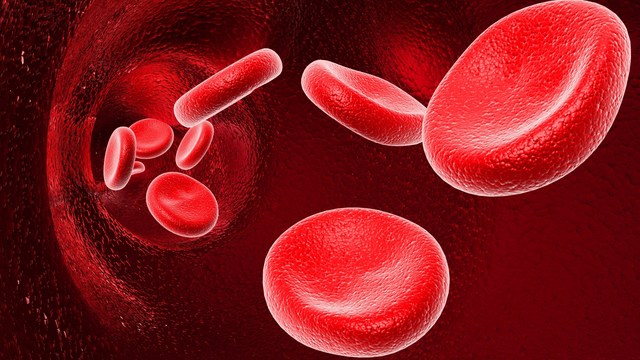 Photo: Getty Images
Photo: Getty Images
In 2007, an estimated 4,317,119 births were registered in the United States, according to data from the National Vital Statistics Reports. When you give birth, your body goes through numerous changes. For example, as your body prepares for labor, it releases hormones, which helps loosen the ligaments that are between your pelvic bones, noted the University of Minnesota. While some hormones work on loosening those ligaments, other hormones work to soften the cervix, which opens it up.
After giving birth to your new baby, your body is still going through changes. As your uterus shrinks, you may experience afterpains, which are painful contractions. The University of Michigan Health System recommends drinking extra fluids while breastfeeding, eating healthy meals, sleeping around the same time as your baby, and having loved ones help with daily chores while your body heals. Some women may have postpartum depression, a type of depressive disorder that affects 8 to 20 percent of women after they give birth, noted MedlinePlus, a service of the U.S. National Library of Medicine and the National Institutes of Health.
But your brain may also be changing after you give birth. In a study published in the journal Behavioral Neuroscience, researchers found that after giving birth, new mothers had larger brains. HealthDay News reported that the study includes 19 women, and the magnetic resonance imaging (MRI) scans were taken at two and three weeks and again at three to four months. The women who participated in the study did not have postpartum depression and were breastfeeding.
When comparing the two scans, the researchers found that while small, the women had a significant changes in certain areas of the brain. These areas include larger gray matter volume in the hypothalamus, the parietal lobe, the prefrontal cortex, the amygdala and the substantia nigra. These regions of the brain play roles in several functions, such as emotional processing, reasoning and maternal motivation. HealthDay News points out that the researchers believe that new mothers who have postpartum depression may have reductions in certain brain regions.
So what does this mean? As HealthDay News reported, women “who were most enthusiastic about their babies had more growth in key parts of the mid-brain – areas linked to maternal motivation, rewards and emotion processing – than did mothers who were more reserved about their infants.” Since your hormones change after giving birth, they can cause for changes in the brain that allow for the connection between the mother and baby.






Add a CommentComments
There are no comments yet. Be the first one and get the conversation started!